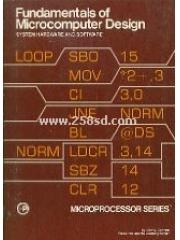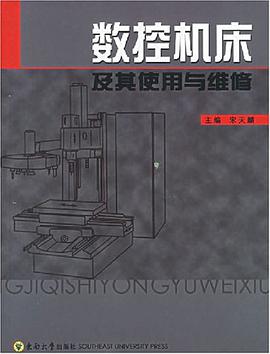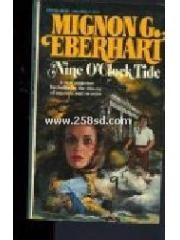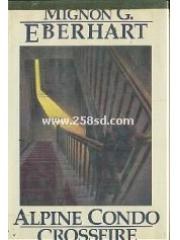

PREFACE<br >Ce<br >Microcomputers are found in all areas of modern society. They have become the workhorse<br >of systems designers for products that range from simple special purpose systems to very<br >complex networks. The range of applications varies from toys to advanced home and<br >business computers. As a result, there is a critical need for a basic and thorough understand-<br >ing of microcomputer principles on the part of everyone involved in any aspect of modern<br >technical products, whether that involvement is in product development, manufacturing, or<br >sales. It is the purpose of this book to provide this understanding to students, regardless of<br >background or profession. While such an objective might seem impossible with some sub-<br >jects, the microcomputer approach can [~ understood by anyone of average intelligence and<br >reasoning ability. This is one of the principal advantages of microcomputer systems: they can<br >be easily designed, built, and used.<br >The organization of the book is built around information modules so that study can be<br >tailored to the individual student s needs. It is divided into two major sections to correspond<br >to the two major aspects of microcomputers: the first seven chapters are devoted to software<br >development while the remaining chapters are devoted to hardware design. In these general<br >categories, the early chapters of a section deal with fundamental information while the last<br >two or three chapters of a section provide information for more advanced students. These<br >sections can be read either together or independently to fit the student s information needs.<br >These sections are described along with their information objectives as follows:<br >Software Development Section<br > Chapter 1. Basic Microcomputer Concepts. An introduction into the terminology, coding,<br > structure, and operation of microcomputer systems.<br > Chapter 2. Software Features of Microprocessors. An introduction to microcomputer<br > elements, instructions, languages, and programs.<br > Chapter 3. Microprocessor Instruction Sets. The meaning and use of a set of microproces-<br > sor instructions.<br > Chapter 4. Programming Methods. The basic techniques used in writing microcomputer<br > programs.<br > Chapter 5. Microcomputer Programs. The development and operation of typical micro-<br > computer programs.<br > Chapter 6. Advanced Software Techniques. The concepts of standard programming<br > methodology and system data and file management techniques.<br > Chapter 7. High-Level Language Programming. Covers BASIC as an example of pro-<br > gramming in a high-level problem-oriented language.<br >FUNDAMENTALS OF MICROCOMPUTER DESIGN V<br ><br >
具體描述
讀後感
用戶評價
相關圖書
本站所有內容均為互聯網搜索引擎提供的公開搜索信息,本站不存儲任何數據與內容,任何內容與數據均與本站無關,如有需要請聯繫相關搜索引擎包括但不限於百度,google,bing,sogou 等
© 2025 onlinetoolsland.com All Rights Reserved. 本本书屋 版权所有




















